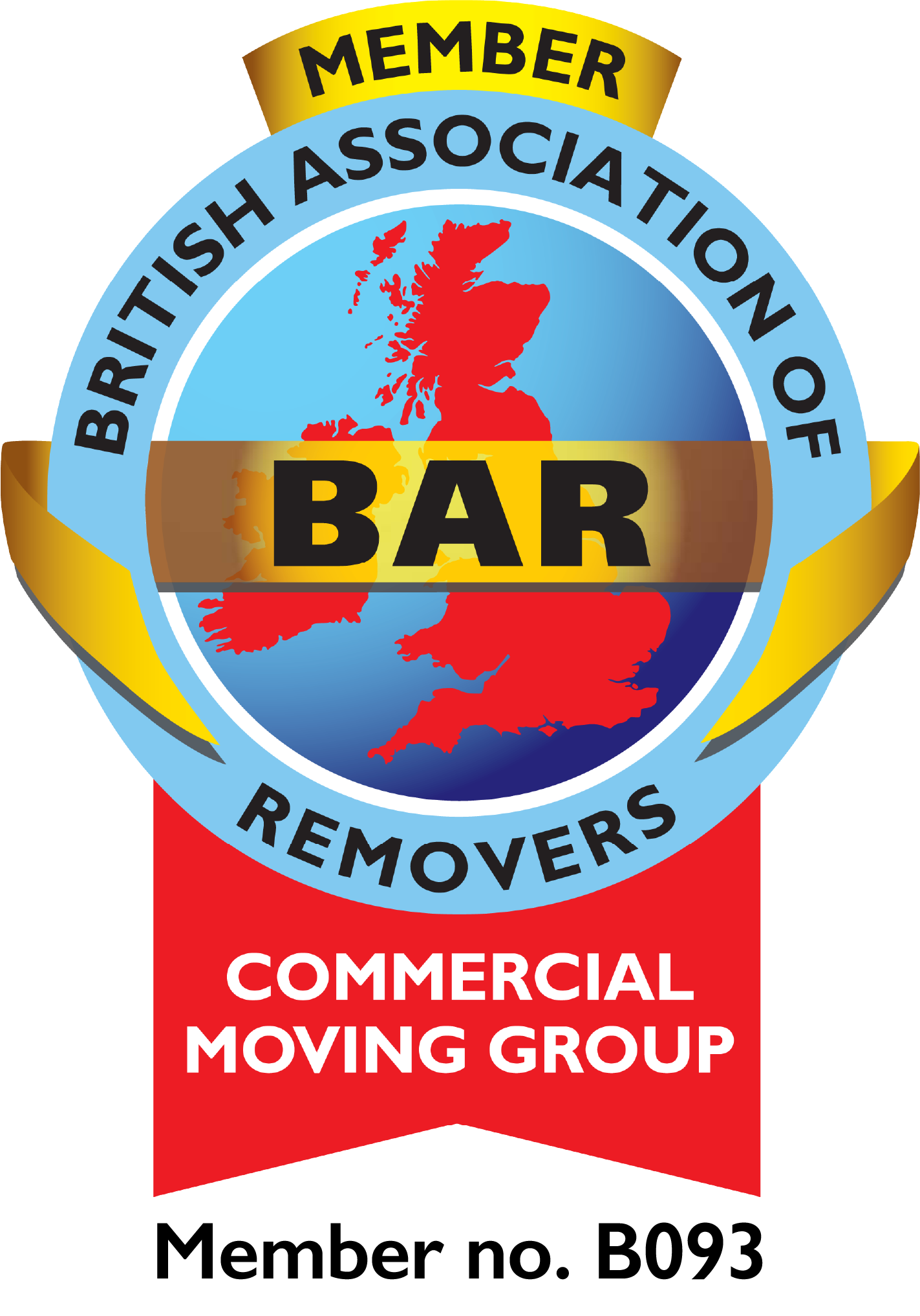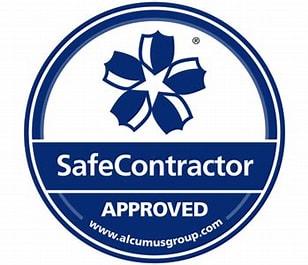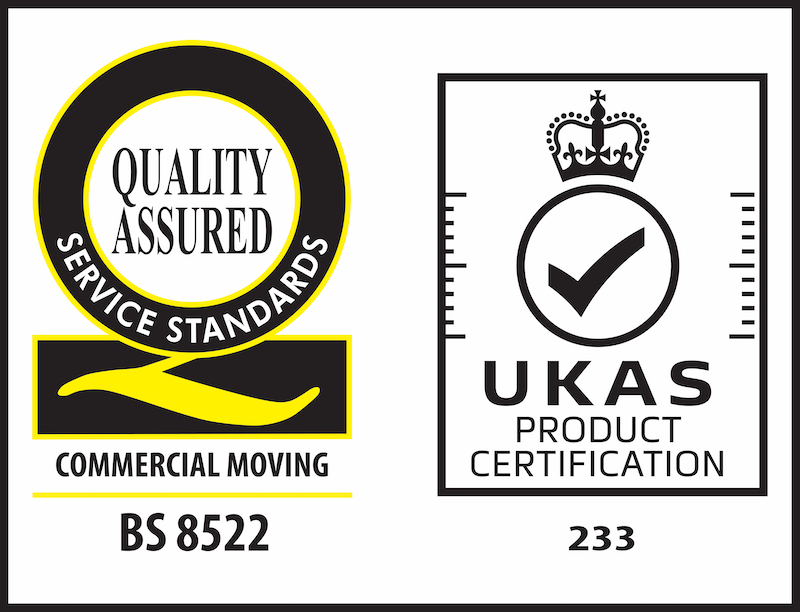Insights from our London roundtable
In May, Business Moves Group (BMG) hosted an engaging workplace change roundtable event in London.

MORE STORIES
- Page 1 of 27
Please click here to chat through what you'd like your Success Story to be.
Earlier this month, Business Moves Group (BMG) hosted an engaging roundtable event in London. Eight distinguished workplace management leaders came together to explore the future of workplace strategy, innovation, and adaptation. The event fostered candid conversations around evolving trends, challenges, and practical solutions within the workplace sector.
The dialogue revolved around four core themes: workplace redesign, technological integration, hybrid work strategies, and environmental, social, and governance (ESG) considerations. Here’s a summary of the key takeaways and insights shared during the session.

Purpose-driven office redesign
Participants agreed that traditional expectations of office attendance are shifting significantly. Today's leading organisations are redesigning spaces to align with new workplace cultures, emphasising presence when genuinely valuable rather than mandatory daily attendance. Location remains crucial, but employee feedback increasingly guides the design, ensuring spaces support productivity, collaboration, and well-being.
Leveraging AI for smarter workplaces
Artificial Intelligence emerged as a powerful tool, reshaping workplace planning. Real-world examples demonstrated AI’s potential to provide cost-effective analysis of workspace utilisation, leading to smarter, data-driven decisions. AI’s strength in transforming abundant but previously underutilised data into actionable insights was highlighted, helping organisations refine their strategies around space usage, occupancy trends, and operational efficiencies.
Enhancing collaboration in hybrid environments
Balancing collaborative and individual work within hybrid environments continues to be a priority. Companies are innovating by creating adaptable spaces that support both focused tasks and team interaction. Notably, hybrid work remains a critical factor influencing talent recruitment, with employees frequently prioritising flexible work arrangements in their career decisions.
ESG as a strategic driver
The integration of environmental and social considerations into workplace strategies is increasingly significant. Participants discussed how environmental certifications and tax incentives are proving effective in promoting sustainable office design. With ESG targets becoming central to public and private sector agendas, organisations are recognising the strategic imperative of embedding sustainability throughout their operations.
Integrated teams and early collaboration
Another significant consensus was on the importance of involving architects, designers, and operations teams collaboratively from the project’s outset. Early alignment between these disciplines ensures workplaces are strategically aligned with broader business objectives and cultural aspirations.
Future outlook: Mandatory BIM and return to office trends
Looking ahead, the UK's mandatory BIM (Building Information Modelling) lifecycle strategy rollout in 2025 was highlighted as a significant shift. This strategy promises greater transparency and efficiency throughout the building lifecycle, from design through to operations.
Despite varied perspectives on remote and hybrid work, it was widely agreed that flexibility remains central. While some anticipate a return to more traditional office environments driven by social and collaborative needs, the trend towards hybrid models remains strong. Organisations face the ongoing challenge of balancing employee preferences with operational productivity.
AI and human collaboration
Addressing concerns about AI potentially replacing human roles, attendees emphasised that AI should complement, not replace, human capabilities. AI's role will likely focus on enhancing efficiency, decision-making, and accuracy, allowing human creativity, empathy, and judgement to thrive.
The roundtable reinforced that the workplace of the future is dynamic, adaptable, and deeply interconnected with broader strategic objectives around employee well-being, technological advancement, and sustainability.
For further insights and a deeper dive into these topics, you can explore our discussion paper, "Global Workplace Challenges and Trends 2025," which outlines detailed perspectives and innovative solutions shaping the future of work.
Thank you to all who participated in making this a highly productive and forward-thinking event. BMG remains committed to facilitating discussions that drive industry progress and innovation.
Want to be part of this ongoing dialogue? We are always looking to involve passionate workplace professionals in our future roundtables. If you're interested in joining the conversation, please connect with BMG’s managing director, Rachel Houghton, on LinkedIn.
For further insights and a deeper dive into these topics, you can explore our discussion paper, "Global Workplace Challenges and Trends 2025," which outlines detailed perspectives and innovative solutions shaping the future of work.
Read insight from our last roundtable in Birmingham here.
MORE STORIES
- Page 1 of 27
Please click here to chat through what you'd like your Success Story to be.






